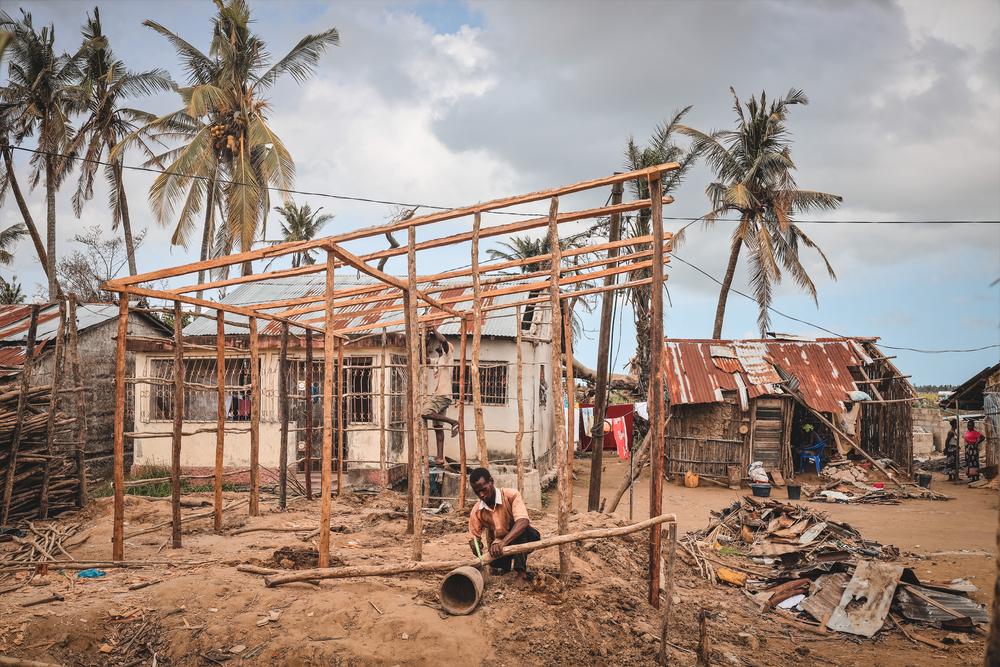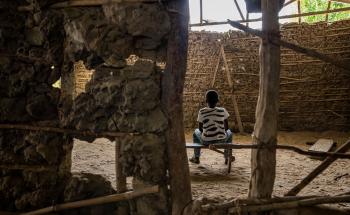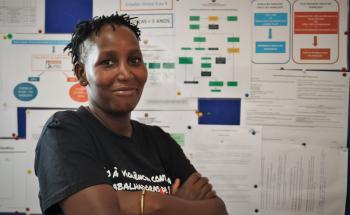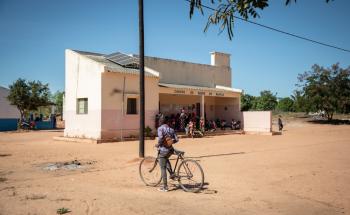Cholera outbreak: Doctors Without Borders (MSF) are providing support to the provincial health services of Zambézia, Central Mozambique, in the large-scale response to an outbreak of cholera following the second landfall of tropical cyclone Freddy in mid-March. The cyclone affected some 1.2 million people in the country, 750,000 in Zambézia, according to the United Nations reports. On 16 March, local authorities declared an outbreak of cholera in Zambézia when some 350 new cases were reported within 24 hours.
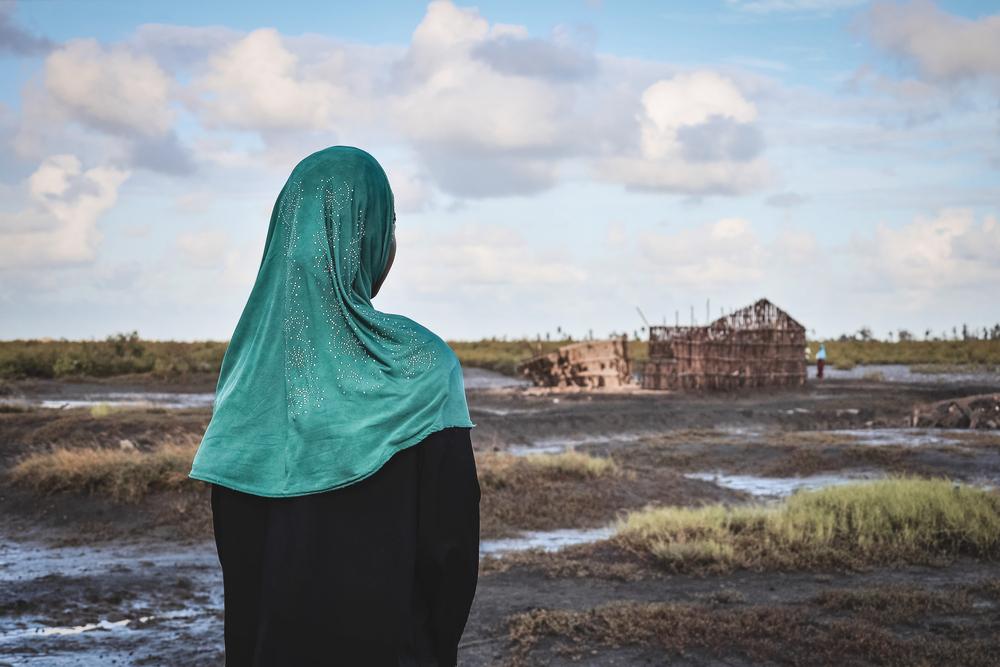
In addition to the destruction and displacement, Freddy contributed to an increasing number of cholera cases in Zambézia because it destroyed water infrastructure. A total of 123 health facilities were also destroyed, posing additional constraints on the province's healthcare access. Cholera is caused by a water-borne bacterial infection of the intestine and is transmitted through contaminated food or water or through contact with faecal matter or vomit from infected people. Cholera can cause severe diarrhoea and vomiting and rapidly prove fatal within hours if untreated. Within the second half of March, the Ministry of Health reported around 8,000 cumulative cholera cases in Zambézia, from which 3,100 had been admitted to health facilities. Dozens of deaths have also been reported due to cholera.
I have never seen anything like this. I am still afraid. There has been no water or electricity in the last two weeks in the city. People are relying on wells for water, and those who don’t boil it, are getting sick with cholera.Zura Caetano, 27 years old, from Quelimane, accompanied her nephew to a cholera treatment centre.
Zura Caetano, 27 years old, from Quelimane, accompanied her nephew to a cholera treatment centre. “When my nephew came here, he was very ill, but now he is feeling better after the treatment. We are soon going home as he is getting discharged this morning,” said Zura. “Many people have lost everything they had to Cyclone Freddy. Many lost their houses and are trying to rebuild them. I have never seen anything like this. I am still afraid. There has been no water or electricity in the last two weeks in the city. People are relying on wells for water, and those who don’t boil it, are getting sick with cholera”.
On 16 March, when the outbreak was declared in Quelimane, Zambézia’s provincial capital, there was only one cholera treatment centre (CTC) with a capacity of 17 beds. To address the needs, MSF teams were promptly deployed to Quelimane to support the provincial health services. Within a week, MSF had strengthened the capacity of the existing CTC to 49 beds and established a new one with 190 beds. MSF also established two smaller cholera treatment units (CTU) with about 15 beds each in Icidua and Mecajune neighbourhoods. Currently, the facilities have a combined capacity to admit up to 269 patients. In the first days after they were set up, the facilities rapidly reached full capacity.
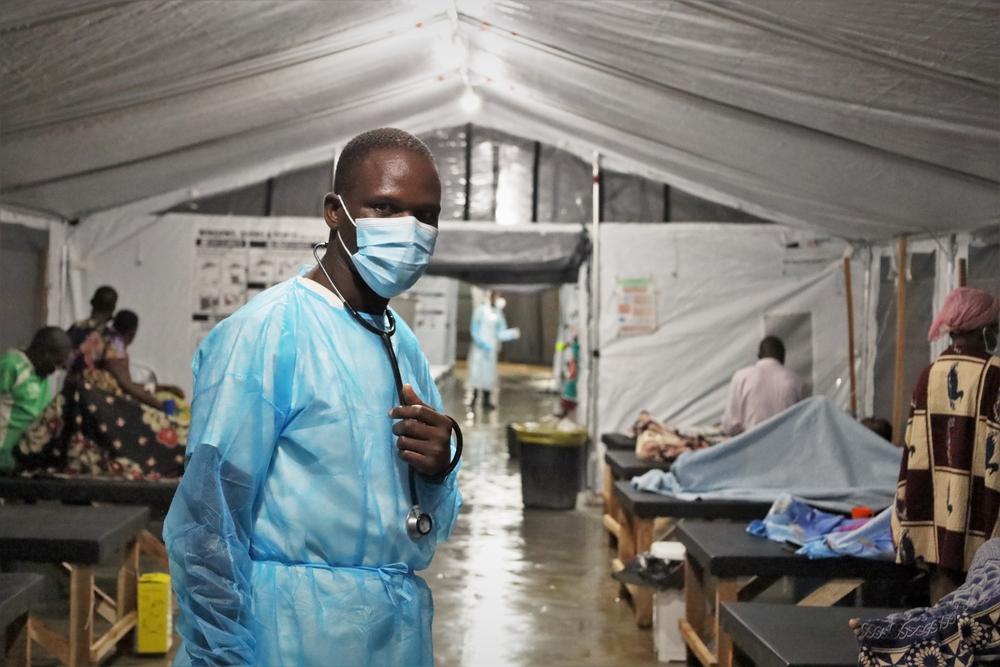
At cholera treatment facilities, MSF is working alongside health authorities and is providing support with case management of patients, training to medical and non-medical staff, recruitment of support staff, and donating medical equipment and medicines. These include 150 cholera beds, 1,000 doses of antibiotics, 10,000 litres of Ringer Lactate for intravenous rehydration of severely sick patients, and 80,000 doses of oral rehydration salts. MSF is also engaging in health promotion activities, including the dissemination of prevention and response messages on the radio in local languages and the production of awareness-raising materials. In total, some 11,000 flyers and posters being distributed across the city.
The main challenges in the response to cholera in Zambézia are related to access to clean water, hygiene, and sanitation. By the end of March, there was still no running water in Quelimane, a city of around 420,000 people - which causes significant constraints in catering for basic needs, including hygiene. There is an urgent need to assess and treat water sources in Quelimane, considering water is one of the main sources of contamination. Restoring water services should be complemented with strong community engagement activities to raise awareness of the importance of treating water to prevent cholera.
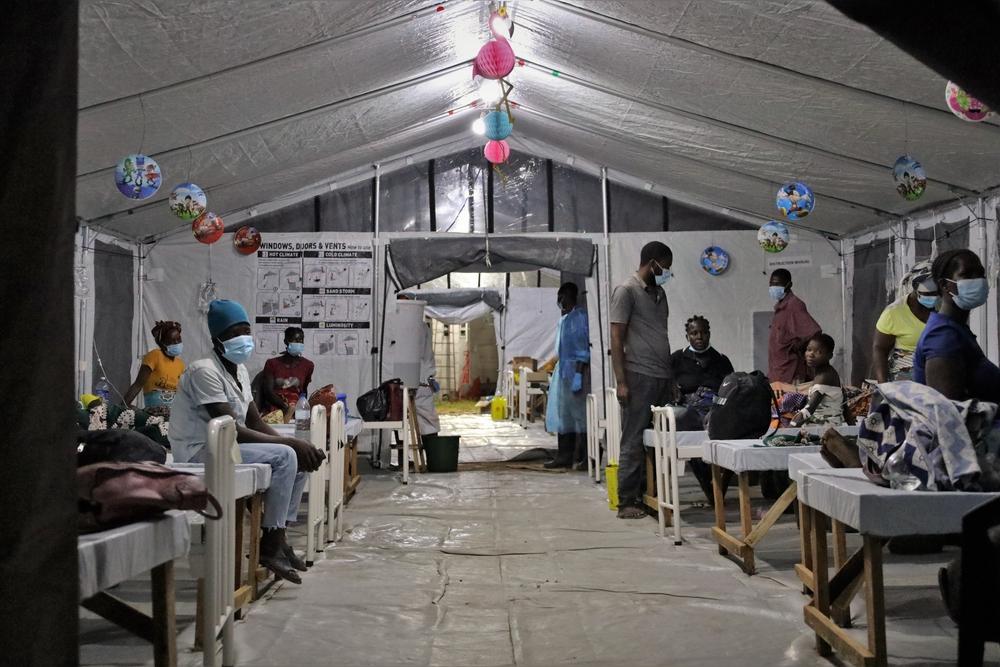
On 30 March, provincial authorities launched a cholera vaccination campaign targeting over 410,000 people in Zambézia. In total, the Ministry of Health has ordered over two million cholera vaccines to be distributed across the country in 2023.
From 14 September to 1 April, there were close to 22,500 cases in the country and 100 deaths, according to the Ministry of Health. For the past months, MSF has been providing support to health services in responding to and preventing cholera in the provinces of Cabo Delgado, Manica, Maputo, Nampula, Niassa, Sofala, Tete, and Zambézia.
